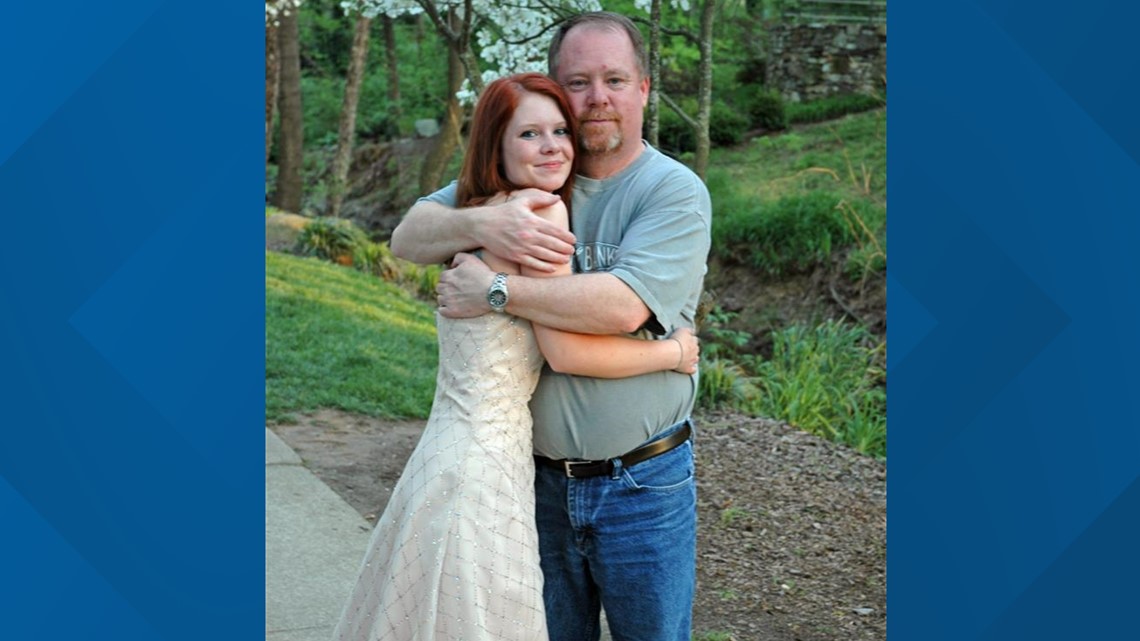CHARLOTTE, N.C. — The Good Samaritan Law in North Carolina provides legal protections for people calling 911 to report an overdose. However, hundreds of families and faith leaders say this state version falls short.
Overdoses are spiking in North Carolina – the latest data from the state Department of Health and Human Services shows that in 2020 an average of nine North Carolinians died every day from an overdose.
Now, families and faith leaders are petitioning for the expansion of the Good Samaritan law to help save lives.
“It needs to protect not just the caller and the victim, but we'd like to see it protect everyone at the scene,” Randy Abbott told WCNC Charlotte.
Abbott is part of a coalition of North Carolina families called Expand Good Sam. He lost his 24-year-old daughter Vanessa in 2015 to an overdose.
The law aims to remove the fear of getting in trouble, so someone is more likely to call 911. Abbott said if the protections went further, maybe the people that were with Vanessa the night she overdosed would’ve helped her.


“Rather than dialing 9-1-1 Immediately, they took the time to clean out the house, get rid of any drugs or paraphernalia,” Abbott explained.
He said by the time police arrived it was too late.
"[The police] literally were a block and a half away from where she overdosed," Abbott recalled. "Had they dialed 9-1-1 immediately, we may not be talking right now,” he told WCNC Charlotte reporter Julia Kauffman.
Abbott wants lawmakers to expand who is protected and increase the amount of drugs allowed on them. Plus, the petition wants the law to include methamphetamines and fentanyl, which aren’t currently covered.
The Good Samaritan Law has bipartisan support, but some state lawmakers worry about taking it too far.
"You want to save people but you don’t want to encourage people,” said Rep. Mark Brody, a Republican who represents Anson and Union counties in the North Carolina House.
Brody voted against the bill in 2013. He told WCNC Charlotte he doesn’t know how he’d vote on this proposed expansion, but he has reservations.
“That’s one of the problems we have with expanding it, is that we’re giving a pass to somebody, and we don’t know what their motive was for being there in the first place,” he explained.
North Carolina lawmakers kick off their next legislative session in January.
Contact Julia Kauffman at jkauffman@wcnc.com and follow her on Facebook, Twitter and Instagram.
WCNC Charlotte is committed to reporting on the issues facing the communities we serve. We tell the stories of people working to solve persistent social problems. We examine how problems can be solved or addressed to improve the quality of life and make a positive difference. WCNC Charlotte is seeking solutions for you. Send your tips or questions to newstips@wcnc.com.

